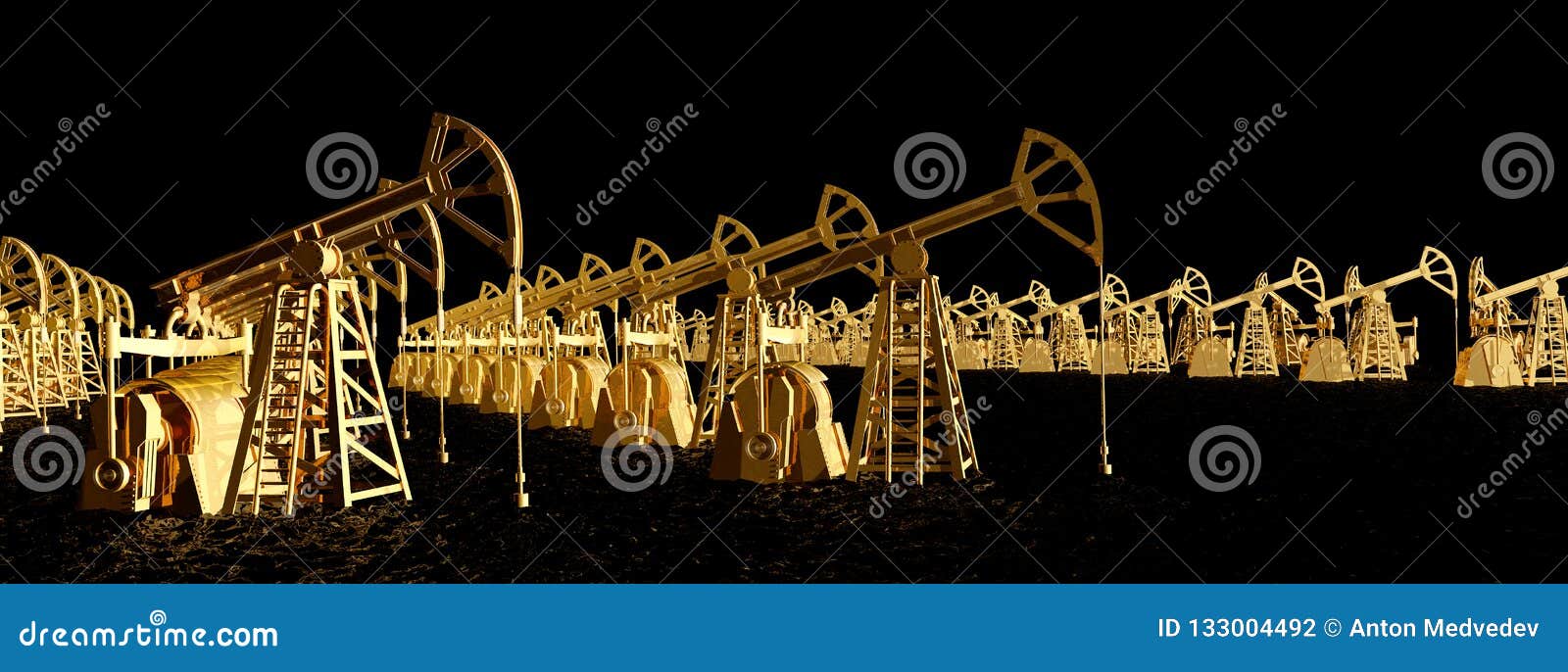In the annals of energy consumption and economic discourse, few topics inspire as much fervor and fascination as oil. Dubbed “black gold,” this precious commodity has been the lifeblood of numerous nations and has shaped the global economy in profound and sometimes tumultuous ways. But as the world shifts toward renewable energy sources, the question arises: Are oil wells still a promising investment or merely a relic of an outdated paradigm?
To understand the allure of oil investment, one must first appreciate its historical significance. For over a century, oil has been synonymous with wealth and power. Its extraction, refinement, and distribution have generated vast fortunes and driven infrastructural advancements across continents. The architectural marvels in major cities, the growth of automobiles, and the development of consumer electronics all owe their existence, in part, to the bounty of crude oil.
The juxtaposition of oil as both a driver of progress and a bearer of environmental responsibility cannot be overlooked. While the extraction of oil wells has historically paved the way for economic booms, it has also ignited a fierce debate on its environmental implications. Oil spills, air pollution, and greenhouse gas emissions are increasingly perceived as the dark side of fossil fuel dependency. As global awareness around climate change burgeons, renewable energy sources like wind, solar, and hydroelectric power pitch a tent in the forefront of public consciousness. This seismic shift prompts investors to reconsider whether pouring resources into oil extraction is a viable option or a risky gamble.
However, it’s essential to delve deeper than surface-level perceptions. The allure of oil wells still remains compelling to many investors. The reason? Oil is still, at present, a cornerstone of global energy consumption. As of now, oil and its by-products account for a substantial portion of the world’s energy supply. Despite the accelerating transition to renewables, the International Energy Agency (IEA) suggests that global oil demand could continue to rise in the short term, driven by developing economies that are ramping up industrialization and urbanization.
Furthermore, technological advancements have augmented the appeal of oil investment. The advent of new drilling techniques, such as hydraulic fracturing and horizontal drilling, has unlocked previously untapped reserves, particularly in regions like the United States. These innovations have not only increased oil supply but have simultaneously driven costs down, improving margins for investors. Thus, the narrative morphs; while traditional oil wells may have witnessed stagnation, modern methodologies could bring a renaissance for investors willing to engage with these evolving markets.
Yet, investing in oil wells is not without its pitfalls. Oil prices are notoriously volatile, driven by geopolitical tensions, natural disasters, production levels, and even advancements in technology. The price of oil can swing dramatically—one day communities might thrive on a flourishing demand, while the next could see them reeling from a drastic drop in value. This unpredictability challenges the very notion of oil wells as a steadfast investment opportunity.
Moreover, investors must grapple with the changing regulatory landscape. Increasingly stringent environmental regulations are emerging as governments globally grapple with climate change realities. The potential for hefty taxes or penalties on carbon emissions can introduce another layer of complexity and risk for oil investments. This legislative pressure, compounded by a burgeoning social conscience that aligns more with sustainability than fossil fuels, may lead to dwindling demand over the long term. Investors must ask themselves—how do they foresee this sociopolitical landscape impacting their investments in oil?
But let us not overlook the intrinsic allure inherent in oil wells beyond mere dollar signs. For many, investing in oil wells is embedded in a tapestry of sense and adventure; it is the thrill of exploration and the pursuit of the unknown. It is about participating in an industry that has historically propelled societies forward. The romanticism of striking oil, of being part of life-changing discoveries, can be an intoxicating motivation. The stories of wildcatters who struck it rich amidst the vastness of the American landscapes are tales that beckon investors into the fray, promising not merely monetary rewards, but a chance to be a protagonist in an ongoing narrative of human ingenuity.
Ultimately, the question of whether oil wells represent a good investment is fraught with complexities. The answer may not be a unilateral “yes” or “no,” but rather a mosaic of nuanced considerations. Investors must weigh immediate potential against long-term trajectories. Will the investment yield lucrative returns in today’s market while keeping a keen eye on an increasingly renewable-driven world? The prudent investor must embrace adaptability, recognizing that profitability today does not guarantee sustainability tomorrow.
In conclusion, the viability of investing in oil wells reflects a transformative tapestry, woven from threads of historical significance, technological advancement, environmental considerations, and geopolitical dynamics. It symbolizes both promise and risk in equal measure. As the future unfolds, only those equipped with a diverse and adaptable strategy will navigate the intricate pathways that lead to oil’s multifaceted legacy. Are oil wells a good investment? That answer, dear reader, ultimately resides within your own perspective and predisposition toward risk—much like oil itself, a substance that has the power to fuel progress while beckoning caution in its wake.
